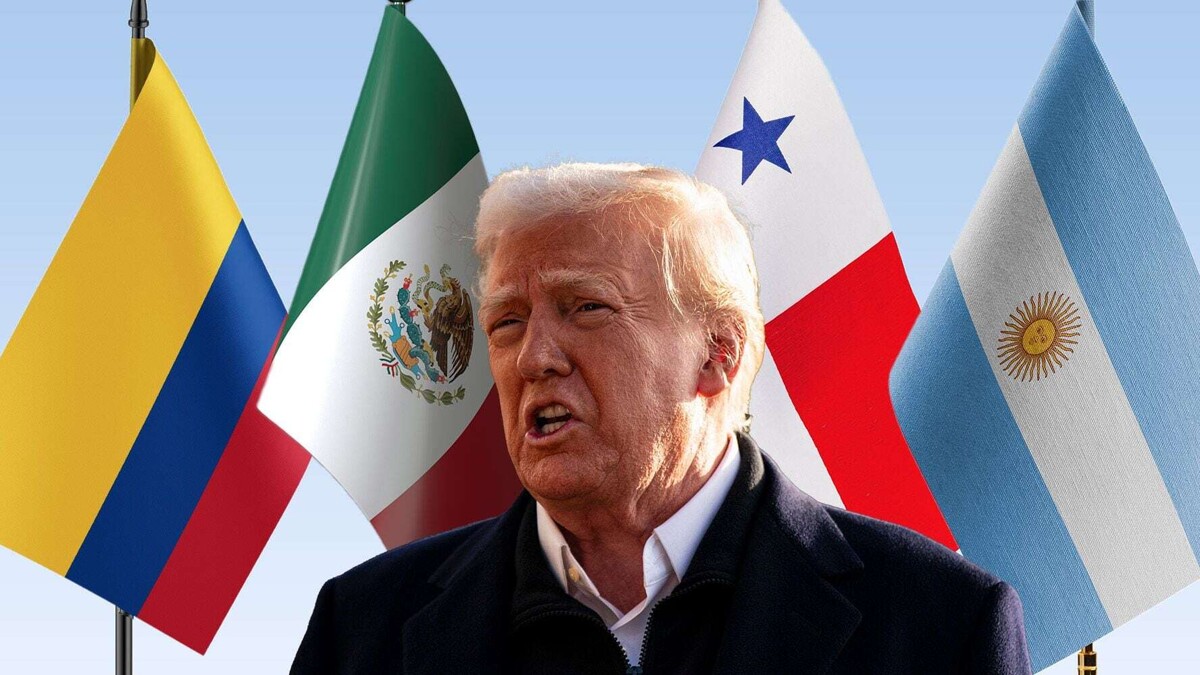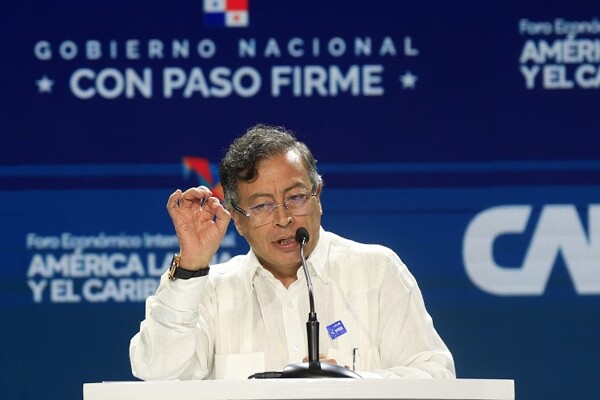
The president of Colombia, Gustavo Petro, challenged the president of the United States, Donald Trump, by preventing the landing of U.S. military planes with deported Colombian migrants and posting messages on his account. As a result, the United States responded by imposing a 25% tariff on imported products from Colombia and revoking visas for Colombian officials, leading to a brief international conflict that lasted less than 24 hours.
Amid this situation, Bloomberg journalist and columnist Juan Pablo Spinetto advises Latin American countries to face Trump's tariff threats by staying calm and using diplomatic channels to formulate strategic responses. He highlights the firm and diplomatic attitude of Mexico's president, Claudia Sheinbaum, and her Panamanian counterpart, José Raúl Mulino, as examples to follow in responding to Trump's pressures without escalating conflicts.
According to Spinetto, Latin America is facing a new geopolitical and economic reality, where the region needs to quickly adapt to the immigration and tariff policies of the Trump administration. He proposes that Latin America establish a common approach, seek new geopolitical alliances and trade partners, and cooperate with Washington to counteract tariff measures.
The journalist also criticizes the use of migrants as scapegoats by the Trump administration to gain domestic political advantage and suggests that Latin America seek to strengthen its trade relations with the European Union, Mercosur, Mexico, and China to counteract U.S. tariff policies. Ultimately, Spinetto emphasizes the importance of Latin America demonstrating unity and seeking new alliances to counteract Trump's pressures and defend its interests in the international context.













